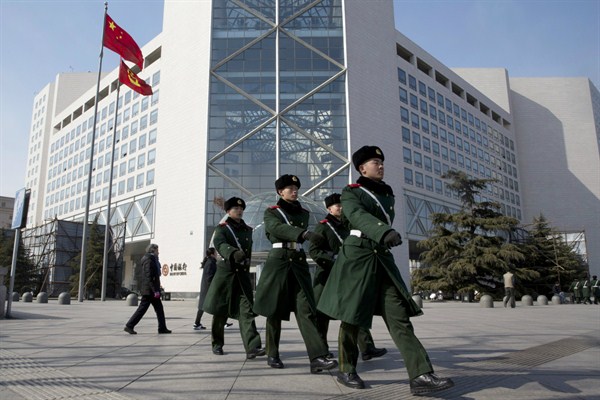The recent publication of the so-called Panama Papers—a trove of 11 million leaked confidential documents from the Mossack Fonseca law firm in Panama City—and the earlier publication of what might be called the Offshore Papers—2.5 million documents linked to the Singapore-based Portcullis law firm and the British Virgin Islands-based Commonwealth Trust Ltd.—have revealed a large number of offshore shell companies owned or linked to individuals and companies in either China or Hong Kong. Although there are legitimate uses for such shell companies, their secretive nature, combined with reports of vast outflows of capital from China, create suspicions that these companies have been used for money laundering, converting soft Chinese Renminbi, or yuan, into hard currencies and in the process moving it to safe havens outside of China.
Indeed, as the Associated Press reported last month, “China is emerging as a global hub for money laundering.” But why might individuals in China and Hong Kong turn to secretive offshore companies in the first place? The answer lies in a combination of three factors, both political and economic.
First, the Chinese economy is large and has been growing rapidly. Second, that growth has spawned a new class of rich and super-rich. Third, because government regulations limit the amount of money an individual can take out of the country to $50,000 a year, these new rich and super-rich face considerable difficultly moving their wealth abroad. As a result, the combination of wealth and the barriers to moving that wealth around creates incentives to turn to underground banks and others who can move that wealth out.

